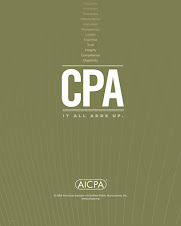Here is a reminder to employees
about taking business expenses as an itemized deduction on Schedule A:
According to a recent Tax Court case,
any expenses that an employer would have reimbursed are not deductible even if
they are legitimate deductable expenses. In the case, a taxpayer
listed many business expenses on his tax return, such as the cost of overnight
travel, meals and parking fees that were reimbursable under his employer’s
policy. The taxpayer failed to complete his expense report on time, so he
didn’t seek reimbursement. Since the company would have covered the costs, he
can’t claim an income tax deduction for them (Stidham, TC Summ. Op. 2012-61).



